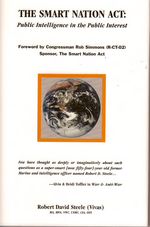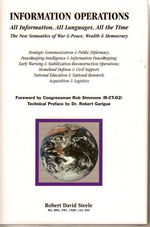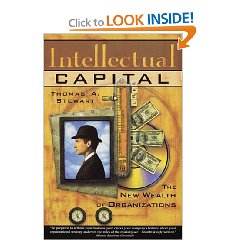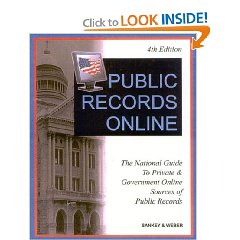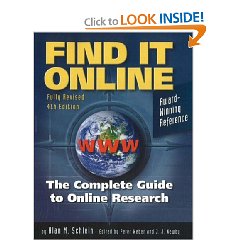Thomas A. Stewart
I read the same author's
The Wealth of Knowledge: Intellectual Capital and the Twenty-first Century Organization first, and then went back to get this earlier book (1998), and I actually feel that reading them in that order is better. This book has a lot of detail that is well served by the context that can be found in the later book.
For those who really wish to get a deep look at the future of building value in the age of distribution information in all languages, I recommend that both of Stewart's books be read in conjunction with the following three Nobel-level books: Margaret Wheatley, Leadership and the New Science: Discovering Order in a Chaotic World Robert Buckman, Building a Knowledge-Driven Organization and Christensen & Raynor, The Innovator's Dilemma: The Revolutionary Book that Will Change the Way You Do Business (Collins Business Essentials) My reviews of these books are both evaluative and summative, and could be helpful as short-cut, but they are no substitute for actually buying and reading the books.
The most important point in this book is that the value is no longer found in collecting just in case knowledge, but rather in connecting dots to dots, dots to people, and (the highest value) people to people. It's about connecting, not collecting. Based on this book I drew my own value triangle, VALUE appearing in the middle of the triangle, with Context being the lower left corer, Content being the lower right corner, and CONNECTION being the apex of the triangle–further refined as connecting customers, connecting contributing talents, and connecting sub-contracted sources, softwares, and services. No one is doing this today in the manner that meets the emerging needs of the marketplace.
Most interesting to me is the author's early emphasis on the Chief Financial Officer being the point of sale, not the CEO, the CTO, or the production divisions. Intellectual capital is a value-creation and profit-building exercise, and it needs to be presented as a financial campaign plan, not a technology plan, not a human resources plan, and not a sales and marketing plan.
Although the author focuses on intellectual property, and provides compelling anecdotes and links that suggest that any company in the knowledge business can increase its bottom line earnings by 20-40% if it does a better job of managing its intellectual property, I see two other emerging marketplaces in this book that the author may not have intended but certainly contributes insights to: managing shared access to external sources, to reduce the cost and increase the knowledge that companies can use to increase their competence in a global environment; and managing customer understanding and relationships in the aggregate–it is possible to take cross-selling to new heights if companies in different industries that are not competing with one another, will share customer information in new ways, thus leading to the invention of new3 offerings and new value.
A major point in this book that I believe everyone misses is that the management of intellectual property, or knowledge management, or external open source information acquisition and exploitation, is totally and utterly without value in the absence of a strategy. Collection or connecting is of the greatest value when it is done with strategic purpose, operational efficiency, and tactical effect.
There is a lot more in this book that will impact on my strategic business planning, and that I choose to not summarize here, but will instead end with three points the author makes that I consider to be important:
1) In the information age, only investments in knowledge building are really investments–traditional investments in capital goods are costs, not to be confused with investments intended to generate new value.
2) Knowledge value grows on a logarithmic scale, while goods value grows arithmetically.
3) In today's environment, careers are defined by personal skills and networking, not traditional jobs and corporate positions. The corollary of this is that individuals must self-manage their continuing education and skill acquisition, and any job that fails to provide for continuing upgrading of skills is not worth keeping.
I consider this a seminal reference.
See also, with reviews:
The Fortune at the Bottom of the Pyramid: Eradicating Poverty Through Profits (Wharton School Publishing Paperbacks)
The Wealth of Networks: How Social Production Transforms Markets and Freedom
Revolutionary Wealth: How it will be created and how it will change our lives
The Battle for the Soul of Capitalism: How the Financial System Underminded Social Ideals, Damaged Trust in the Markets, Robbed Investors of Trillions – and What to Do About It
The Politics of Fortune: A New Agenda For Business Leaders
